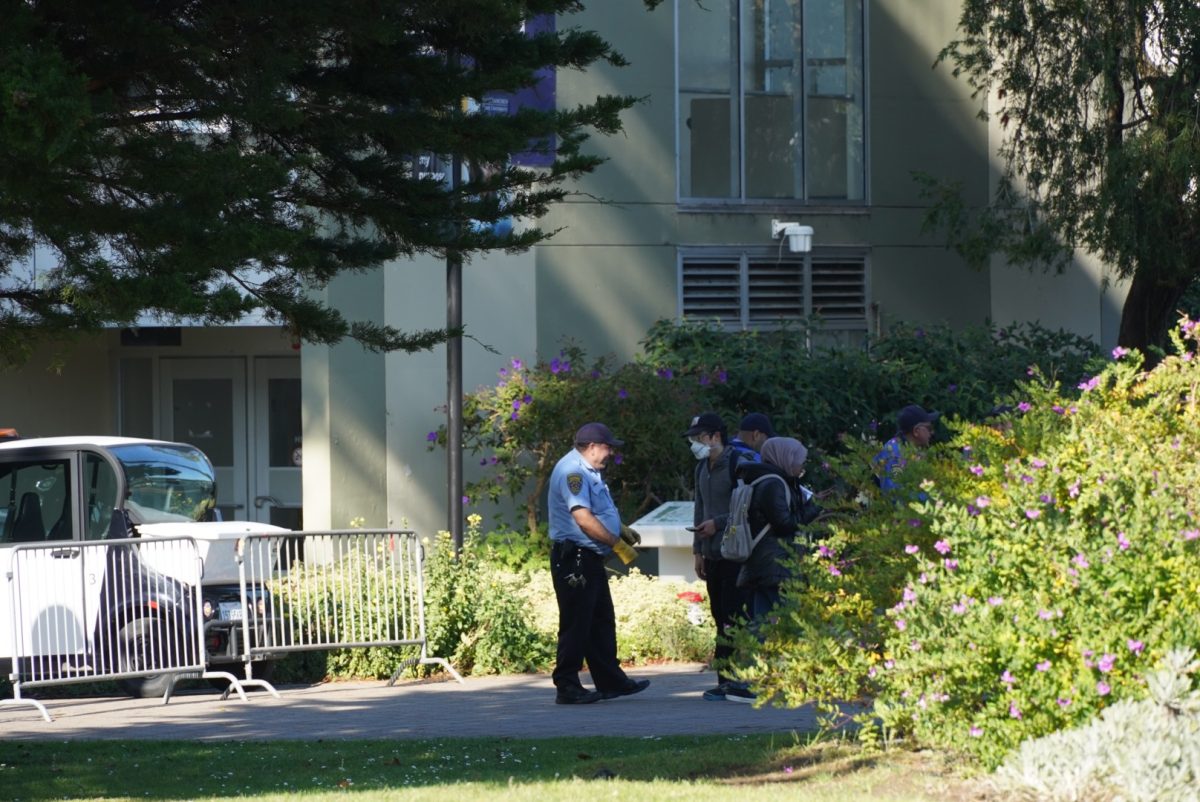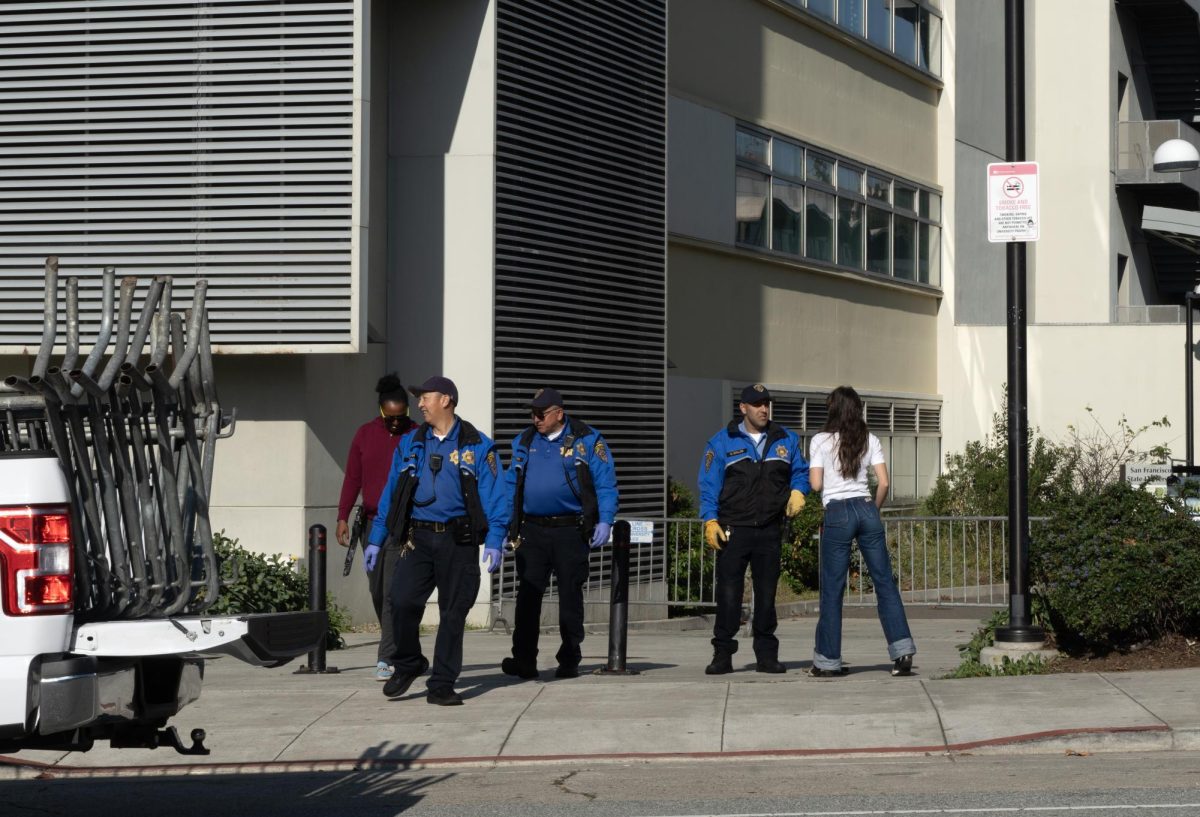An assembly bill, which would require undergraduate students to take a three-unit ethnic studies course for CSU curriculum, is working its way through the California Legislature. The bill, if passed, would go into effect beginning the 2020-21 academic year.
The strike which lasted for five months resulted in the establishment of four departments: American Indian Studies, Asian American Studies, Black Studies, and La Raza Studies. SF State has remained to be the only CSU that has a College of Ethnic Studies.
California lawmakers want all CSU students to understand the “diversity and social justice history of the United States.”
The bill, AB 1460, is an overdue piece of legislation to increase consciousness of history involving people of color in CSUs.
But it does not go far enough. California Legislature needs to expand its ethnic studies requirements for K-12 schools too.
A discussion of ethnic studies’ importance in undergraduate students’ education began a couple of years before AB 1460’s introduction. A CSU Task Force on the Advancement of Ethnic Studies, created by Chancellor White in 2017, proposed recommendations for all CSU’s on how they can include ethnic studies on campus.
Some recommendations sent to President Mitchell, the former president of California State University in Bakersfield, included making ethnic studies a GE requirement in all CSUs and to hire more ethnic studies faculty. SF State should serve as a model to other CSUs as it already includes social justice as a GE requirement.
A research review by the National Education Association (NEA) explains how ethnic studies are beneficial to students academically and socially. The research said that having ethnic studies in a classroom provides students of color a chance to be “classroom ‘insiders’ whose prior knowledge was valued and useful to academic learning.”
Providing ethnic students in classrooms from K-12 grade would allow students to connect to the history and content being discussed. History books and classes are often outdated and whitewashed, leaving students to believe misconceptions about the United States’ history.
The lack of ethnic studies in K-12 leaves students learning history from teachers that themselves aren’t qualified to teach. A 2015 study from Humanities Indicators showed that while only 2% of music teachers did not have a certification and a degree in the field, 35% of history teachers lacked both credentials.
Mixing a lack of ethnic studies in a classroom and professors that did not learn all aspects of history or lack certain requirements leaves room for insensitive teaching methods.
In 2017, a high school teacher at Whitney High School in Cerritos, California decided to teach their students about slavery by tying them up with tape outside of the classroom, laying them down in a dark classroom while having them watch clips from the movie “Roots.” The teachers were the captains and the students were the slaves.
Shardé Carrington, a mother of a student from Whitney High School said that the school ensured no physical harm would happen to the students. “You cannot predict how anyone will respond to being bound in the dark and viewing traumatic images,” Carrington said.
History isn’t pleasant with difficult subjects to discuss. K-12 students should have access to healthy interactions when those subjects do arise.
It has been 50 years since 500 SF State students were arrested for participating in a rally against systematic discrimination. The Black Student Union, Third World Liberation Front and other students and staff who saw a problem in the CSU’s curriculum—a lack of classes geared towards people of color—organized a strike on Nov. 6, 1968.
Two of the biggest demands the strikers had were a college of ethnic studies with curricula geared toward people of color—Native American, Asian American, Black and Latino—and that all non-white students who apply to San Francisco State be accepted in the fall of 1969.
The five-month strike resulted in the establishment of four departments: American Indian Studies, Asian American Studies, Black Studies and La Raza Studies. SF State remains to be the only CSU that has a College of Ethnic Studies.









